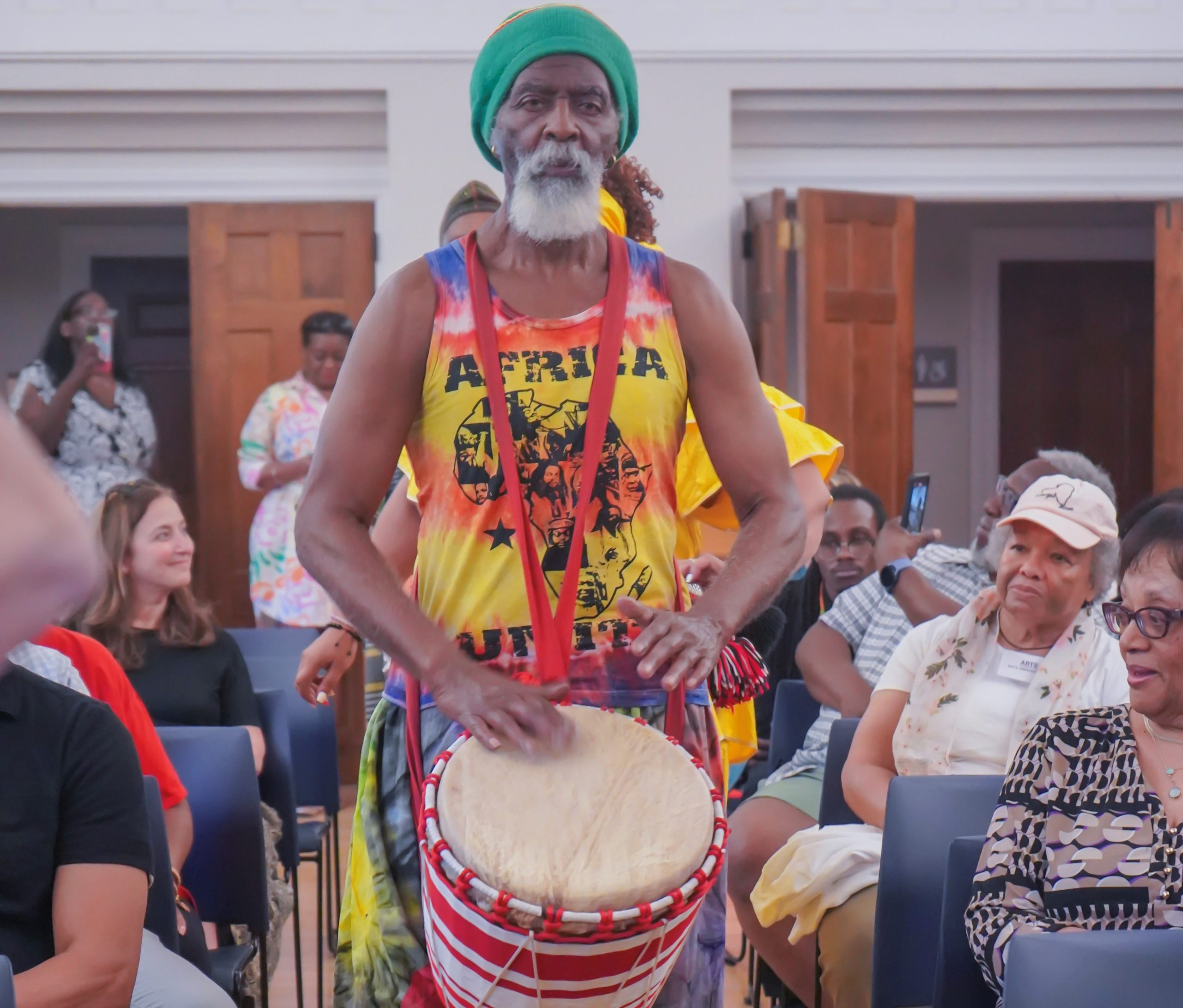Juneteenth and the Rights of American Citizenship

Though Juneteenth was intended to become a singular national holiday to be celebrated on the 19th of June, towns, villages and cities in our county are providing celebrations, remembrances, and activities during the entire month of June.
This variety of events is good as it allows each community to create its own vibrant “Juneteenth” celebration. It also provides a wide canvas for the county’s citizens to reflect on both the meaning and the impact of June 19th.
There are many different interpretations of the meaning of Juneteenth. In its simplest context, it is a celebration of an event that took place in 1865, when a group of Union soldiers galloped into Galveston, Texas to tell the slaves gathered there that they were free.
The problem this presented was that this announcement was made 2 1/2 years after the Emancipation Proclamation. We don’t know if these new American citizens knew that they were free men and women prior to the Union Army’s arrival in Galveston. So why is the delay of this information reaching Texas a cause for celebration?
I have asked a lot of friends in the diaspora to tell me the meaning of these celebrations that are happening all over this nation, especially now that Juneteenth has become a national holiday.
I believe, from what I have learned, that it is the celebration that keeps this story alive at a time when so many African-Americans are still fighting for their freedoms.
The story is about the delay…it is the delay that has made freedom so elusive. Every year reminds us that despite emancipation, freedom for blacks is still elusive. It is elusive because African-Americans were denied their rights, but in addition to that, they were kept from knowing about their rights, and that attitude has been pervasive during Reconstruction and beyond. Perhaps the impact of this holiday has become far more important than its original beginnings.
Juneteenth is a now a celebration of American citizenship. It is a celebration of Blacks owning, getting, receiving, and belonging with all the rights of American citizenship. No matter how they received the news, how it was interpreted or how it was kept from them, the fact is that Americans are Americans no matter the color of their skin, even though citizenship and its promise of freedom has yet to be fully realized.
Photo: Devron Chambers


Connect with Janet